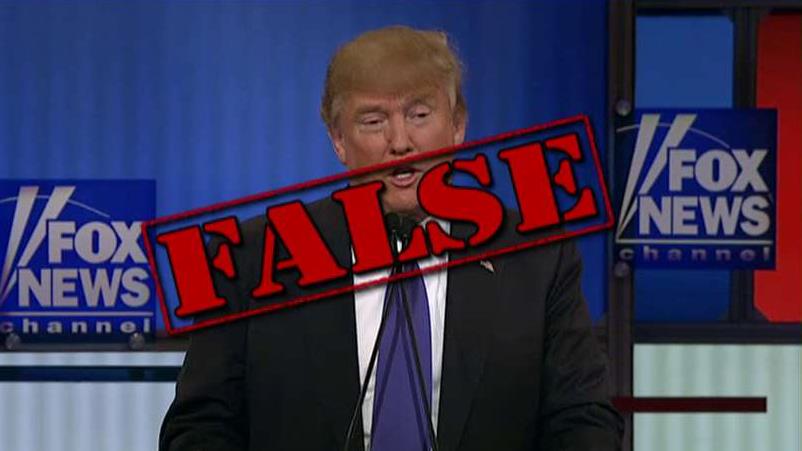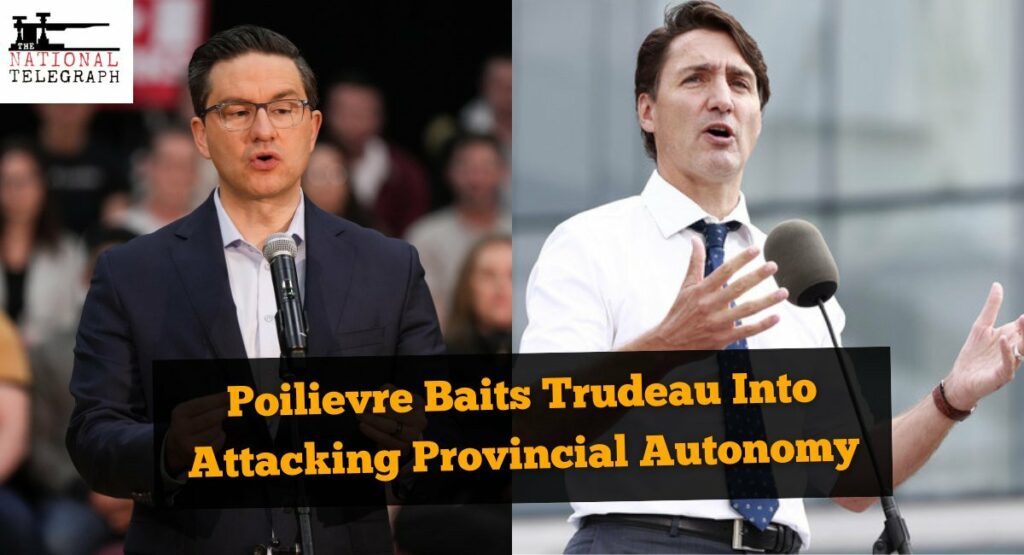Historical Context of the “Fox Debate”

The term “Fox Debate” is a modern colloquialism that refers to a heated, often adversarial, discussion on a topic of public interest. It’s often used to describe debates that take place on television or social media, particularly those that involve political figures or commentators with opposing viewpoints. While the term itself might be recent, the concept of heated public discourse has a long and fascinating history, intertwined with the evolution of democracy and the rise of media.
The roots of the “Fox Debate” can be traced back to ancient Greece, where public forums and debates were central to civic life. Philosophers like Socrates and Plato engaged in rigorous dialogues, challenging established ideas and promoting critical thinking. This tradition continued through the Roman Republic and the Renaissance, with public intellectuals and scholars engaging in debates on various topics, from religion and philosophy to science and politics.
The Rise of Mass Media and the “Fox Debate”
The advent of mass media in the 19th and 20th centuries, particularly newspapers, radio, and television, played a significant role in shaping the modern “Fox Debate.” The ability to reach large audiences with information and opinions created new opportunities for public discourse and debate.
- The rise of newspapers: Newspapers, with their ability to reach a wide audience, became a platform for diverse voices and opinions. This led to debates on various topics, from social issues to political campaigns, often fueled by strong editorial stances and partisan viewpoints.
- The advent of radio: Radio, with its ability to broadcast live events and commentary, further amplified public discourse. The rise of radio talk shows and debates allowed for real-time interactions between listeners and commentators, fostering a more dynamic and interactive form of public engagement.
- Television and the “Fox Debate”: Television, with its visual and engaging format, revolutionized public discourse. The introduction of televised debates, political talk shows, and news programs created a new level of visibility and immediacy for political and social discussions. These programs often featured guests with contrasting viewpoints, leading to heated exchanges that became synonymous with the “Fox Debate.”
Key Figures and Events Shaping the “Fox Debate”
The history of the “Fox Debate” is also marked by influential figures and events that shaped the narrative. These figures and events helped define the format, style, and content of public discourse, particularly in the context of television and social media.
- Walter Cronkite: Often referred to as the “most trusted man in America,” Cronkite’s objective reporting and calm demeanor during the Vietnam War era set a high standard for news coverage and public discourse. While not known for heated debates, his influence on journalistic integrity and credibility shaped the landscape of media and public debate.
- The Watergate Scandal: This landmark event, which led to the resignation of President Richard Nixon, highlighted the power of investigative journalism and the importance of holding public figures accountable. The televised hearings and investigations, featuring contrasting viewpoints and accusations, showcased the intensity and drama of public discourse.
- The rise of cable news: The advent of cable news networks like CNN and Fox News in the 1980s and 1990s transformed the media landscape and further amplified the “Fox Debate.” These networks, with their 24/7 coverage and focus on breaking news, often presented contrasting perspectives on current events, leading to heated discussions and debates.
- The internet and social media: The internet and social media platforms have further democratized public discourse, allowing individuals to express their views and engage in debates with a wider audience. However, this has also led to the spread of misinformation and echo chambers, making it challenging to engage in meaningful and productive conversations.
Key Themes and Arguments

The “Fox Debate” sparked a flurry of arguments, each offering a unique perspective on the role of media in shaping public opinion and the implications of its influence on political discourse. These arguments, often presented in heated exchanges, focused on the ethical responsibilities of news organizations, the potential for bias and misinformation, and the impact on democratic values.
Perspectives on Media Influence
The debate highlighted the diverse perspectives on media influence, with some arguing that the media serves as a vital watchdog holding power accountable, while others raised concerns about the potential for manipulation and the erosion of trust in institutions.
- Pro-Media Influence: Supporters of a strong media role emphasize its crucial function in informing the public, exposing corruption, and promoting accountability. They argue that a free and independent press is essential for a healthy democracy, allowing citizens to make informed decisions.
- Anti-Media Influence: Critics of media influence argue that the pursuit of sensationalism and profits can lead to biased reporting, misinformation, and the manipulation of public opinion. They worry that media outlets can become powerful players in shaping narratives and influencing political outcomes, potentially undermining democratic processes.
The Role of Bias and Objectivity, Fox debate
The debate also centered on the concept of bias in media reporting, with contrasting views on its inevitability and its impact on public perception.
- Inherent Bias: Some argue that bias is inherent in all media reporting, influenced by the perspectives, values, and ideologies of journalists and editors. They acknowledge that complete objectivity is an unattainable ideal, but emphasize the importance of transparency and accountability in acknowledging potential biases.
- Objectivity as a Goal: Others contend that objectivity should remain the guiding principle of journalism, striving for balanced reporting and presenting multiple perspectives. They argue that while bias may be unavoidable, journalists have a responsibility to minimize its influence and present information in a fair and impartial manner.
The Impact on Public Discourse
The “Fox Debate” explored the impact of media influence on public discourse, with differing views on its potential to foster constructive dialogue or contribute to polarization and division.
- Constructive Dialogue: Supporters of media’s role in public discourse argue that it can facilitate informed discussions, promote understanding of diverse perspectives, and encourage civic engagement. They see the media as a platform for debate and the exchange of ideas, ultimately strengthening democratic processes.
- Polarization and Division: Critics express concerns that media can contribute to polarization and division, particularly through sensationalized reporting, the amplification of extreme viewpoints, and the creation of echo chambers. They worry that this can undermine social cohesion and hinder constructive dialogue, ultimately weakening democratic institutions.
Arguments in Table Format
| Argument | Pro-Media Influence | Anti-Media Influence |
|---|---|---|
| Role of Media | Vital watchdog, informs public, promotes accountability | Potential for manipulation, erodes trust in institutions |
| Bias and Objectivity | Inherent bias is unavoidable, but transparency is key | Objectivity is a goal, minimize bias, present information fairly |
| Impact on Public Discourse | Facilitates dialogue, promotes understanding, encourages engagement | Contributes to polarization, amplifies extreme views, creates echo chambers |
The recent Fox debate highlighted the importance of financial security for seniors, particularly in light of the upcoming 2025 social security cola increase. This increase, while welcomed, may not fully compensate for rising inflation and healthcare costs. The debate, therefore, served as a reminder of the need for comprehensive policies that address the long-term financial well-being of our aging population.
The Fox News debate was a lively affair, with candidates vying for attention and viewers eager to hear their positions on critical issues. One topic that sparked heated discussion was the complex relationship between Israel and Hamas, a relationship that has been marked by violence and mistrust for decades.
Understanding the dynamics between these two entities, as outlined in this article on the Israel-Hamas leader , is crucial to formulating effective foreign policy strategies for the region.
